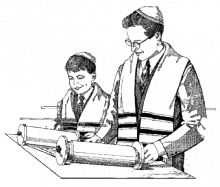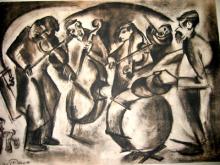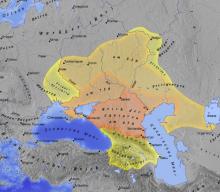Making the Bar/Bat Mitzvah Meaningful
Though the modern ritual of the Bar or Bat Mitzvah is a relatively recent invention, being more or less codified in the 14th century C.E. and achieving its egalitarian model in the early 20th, its roots are considerably older. The ancient books of Jewish law, such as the Mishnah, identify the age of legal and social responsibility as 13 as far back as 3000 years ago. This is certainly at odds with the laws of most modern societies where the age of majority tends to fall somewhere between 16 and 18 years. Considering the way 21st century cultures are structured, as pertaining to school, property and other legal and social matters, the gravity of the Bar and Bat Mitzvah ceremony has been diminished. For several generations now, religious law has not been synonymous with common law for Jews. The lack of responsibility and accountability for individuals of Bar or Bat Mitzvah age that results from this takes much, though not all, of the meaning away from the experience. It is the duty of Jewish parents to lend extra weight to the lives of their children after the Bar or Bat Mitzvah takes place.


